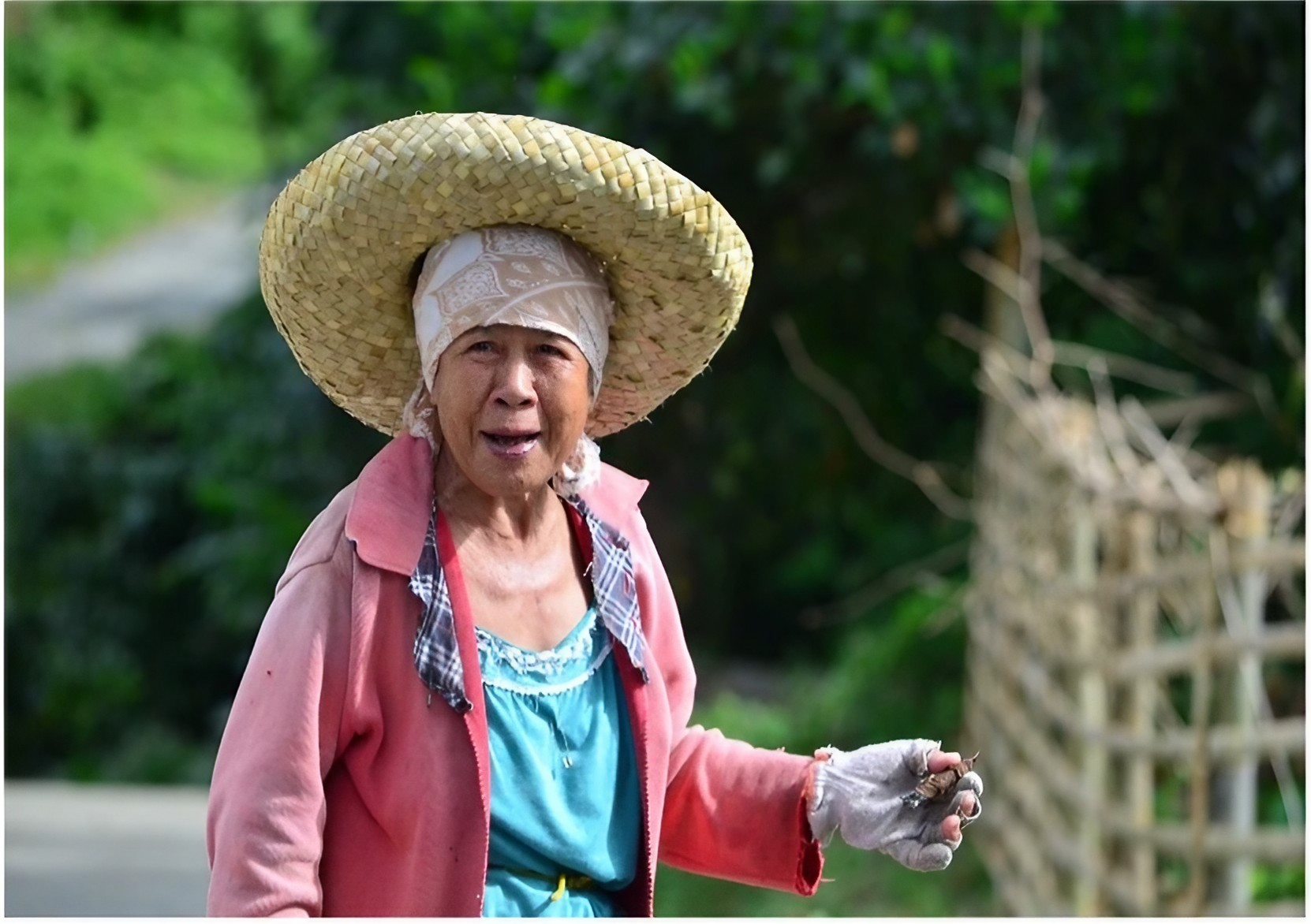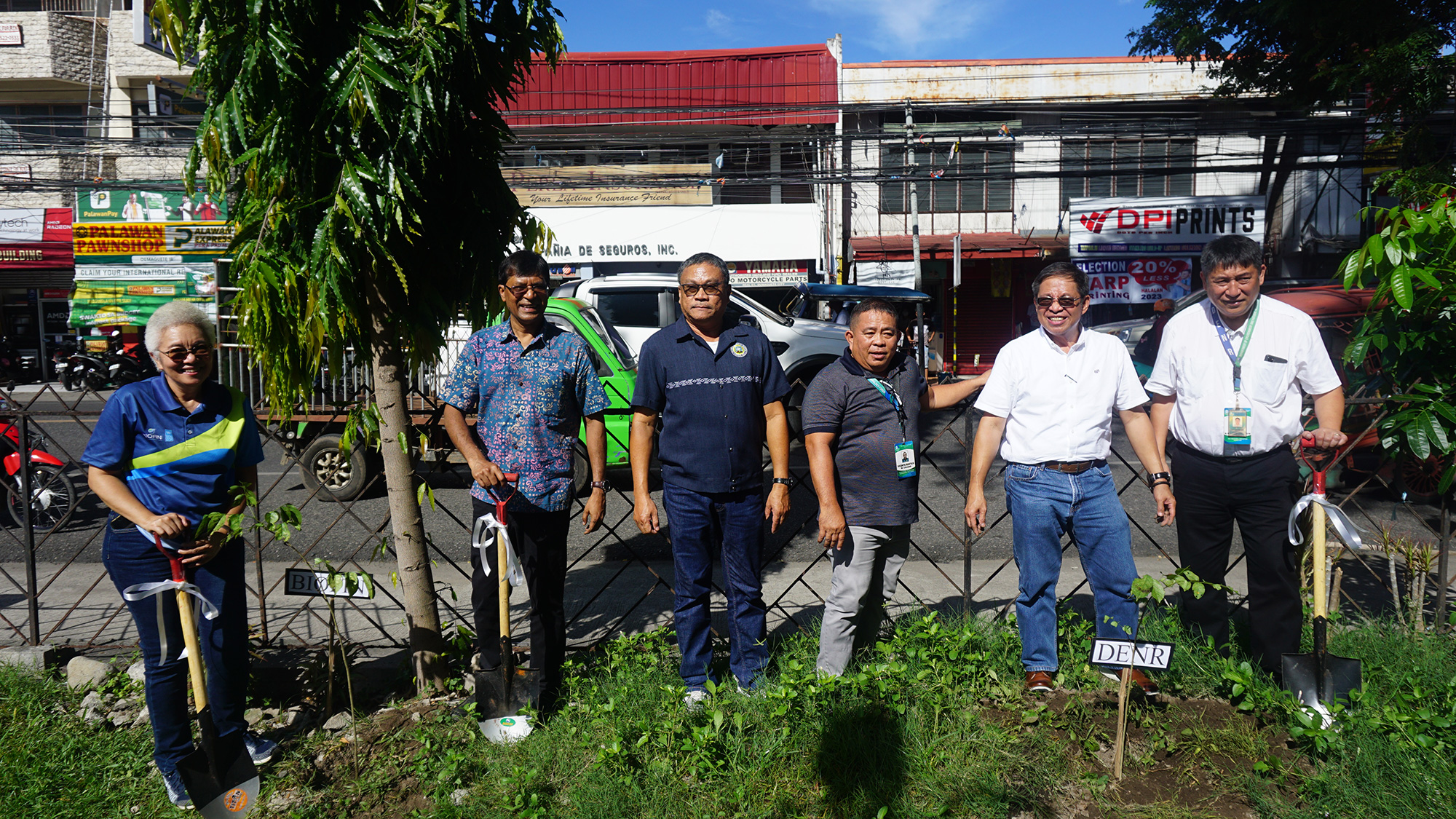
By Dr. Selva Ramachandran, UNDP Philippines Resident Representative
Local government units play a pivotal role in safeguarding the country’s natural wealth for future generations. They are at the forefront of building resilient and sustainable communities in the face of rapid urbanization, climate change and social and economic challenges. Among their responsibilities is ensuring the conservation of natural resources, and securing sustainable financing for environmental protection that contribute to accelerating climate action and strengthening disaster resilience—key pillars in the Philippine Development Plan. While national governments set broad agendas, LGUs can drive innovation and tailor solutions to their specific needs.
The Local Government Code of 1991 or RA 7160 empowers LGUs to have meaningful autonomy. It provides fiscal powers and authority to government officials to propose, appropriate, and release funds to agencies, office programs and projects. LGUs can improve their economic environment through plans, programs, and investments in sustainable tourism, agriculture and fisheries and biodiversity-friendly enterprises that benefit communities.
Recognizing this as an opportunity, the United Nations Development Programme (UNDP)—through its Biodiversity Finance Initiative (BIOFIN) Project—has been working with LGUs since 2016 to mainstream biodiversity in local plans and programs, ensuring a stable flow of financing for conservation through good local governance.
BIOFIN is a global initiative launched by UNDP in 2012 to address the significant challenge of financing biodiversity conservation, now being implemented across 133 countries. It is supported by the European Commission and the Governments of Germany, Switzerland, Norway, Belgium, Flanders, UK, Canada, and France.
In the Philippines, UNDP, through BIOFIN, is working to ensure sustainable economic growth while conserving precious natural resources by supporting LGUs in formulating their local biodiversity plans. A good example of this work is the Negros Island Biodiversity Strategy and Action Plan (NIBSAP), which is anchored on the Philippine Biodiversity Strategy and Action Plan (PBSAP). Local biodiversity finance plans accompanied the NIBSAP, which help LGUs identify how much is needed to implement their biodiversity projects and programs and where they can source additional funding to bridge any financing gap. The finance plans of the LGUs paved the way for a steady increase in LGU budgets for conservation.
This initiative became a crucial model for the Department of Environment and Natural Resources – Biodiversity Management Bureau (DENR-BMB) to advance a policy advocating for the localization of the PBSAP. Strengthening governance at the site level ensures that conservation efforts are tangible actions that directly contribute to national and international biodiversity goals.
In 2023, UNDP signed Memoranda of Understanding with governors of two provinces in the Negros Island, together with the Philippines Biodiversity Conservation Foundation, Inc. (PhilBio). This partnership enabled the implementation of finance solutions that mobilized resources for the conservation of nature in the provinces. Thereafter, we saw a significant increase in the total annual budget of Negros Oriental for coastal resources management, wildlife and biodiversity management, climate change mitigation and adaptation and forest resources management
To address biodiversity loss and climate change, LGUs also spearhead nature-based solutions that could restore ecosystems and protect livelihoods, such as wetlands management, maintenance of green spaces, and ecosystem restoration. In Negros Occidental, San Carlos City’s BaLANCE or Biodiversity and Landscape Approach in Nature Conservation is about to implement a proposed “Emerald Necklace”—a series of wildlife corridors that will be established and maintained to protect wildlife and regenerate denuded forests within the boundaries of Mt. Kanlaon Natural Park.
I had the pleasure to visit Negros alongside H.E. Laure Beaufils, British Ambassador to the Philippines and Palau, to see how these efforts are being brought to life. The need for strong local leadership and strategic investments to ensure long-term environmental sustainability and resilience emerged very strongly during the visit.
Beyond conservation, LGUs play a crucial role in promoting social cohesion and participatory governance—involving citizens in decision-making processes help them develop a sense of ownership over local initiatives. UNDP, through BIOFIN, is also assisting the Negros provinces in accessing the trust fund created under Energy Regulation 1-94. The benefits from this trust fund can be used for electrification, livelihood and reforestation, watershed management, and health and environmental enhancement.
At the national level, the UNDP and DENR, through BIOFIN, and together with the Department of the Interior and Local Government (DILG), worked together to integrate biodiversity indicators in the Seal of Good Local Governance. The indicators will incentivize the LGUs to develop and implement projects and programs on wetlands and water management, on parks and green spaces development, and on wildlife resources conservation and protection. This is expected to increase biodiversity financing at the local level.
Achieving sustainable biodiversity conservation and financing for nature requires collaboration among LGUs, national agencies, and international partners so that necessary resources, technical assistance, and platforms for knowledge exchange are made available and more accessible.
At UNDP, we believe that the future is local and that empowered local governments pave the path to a sustainable, inclusive, and resilient future. Local leadership is instrumental in advancing sustainable development and driving nature conservation through innovative and sustainable financing.
By empowering local governments and leaders and strengthening their capacity, we lay the foundation for resilient communities, a thriving environment, and a greener, more sustainable future for all.

BIOFIN Philippines Project Manager Anabelle Plantilla, UNDP Philippines Resident Representative Selva Ramachandran, Provincial ENRD Chief Manric Barillo, DENR-CENRO Ayungon Vicente Rustico Calizar, DENR Assistant Secretary Marcial Amaro, Jr., and DENR Region VII Executive Director Paquito Melicor, Jr., participate in the tree planting activity that took place at the Negros Oriental Provincial Capitol on September 18, 2023, to commemorate the MOU signing between UNDP, DENR, and the province to implement mechanisms that will mobilize finance for nature. (Photo by BIOFIN)
Categories
Archives
- Febrero 2026 (1)
- Enero 2026 (3)
- Diciembre 2025 (2)
- Noviembre 2025 (5)
- Octubre 2025 (5)
- Septiembre 2025 (2)
- Agosto 2025 (10)
- Julio 2025 (9)
- Junio 2025 (5)
- Mayo 2025 (8)